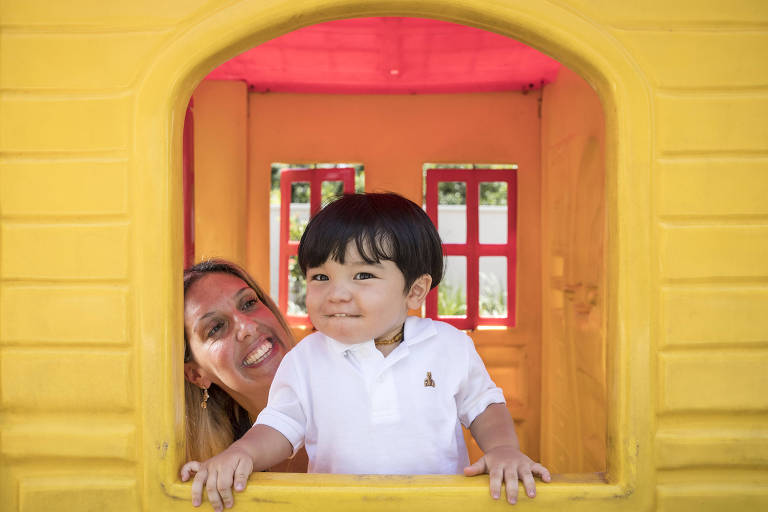Data from the Brazilian government shows that the number of women who gave birth between the ages of 35 and 39 years old increased 71% in the last 20 years. From 1998 to 2017, the number of new mothers between 40 and 44 years old rose 50%. Among those who had children between 30 and 34, there was a 37% increase. When all age brackets are combined, the overall gain is 65%.
Folha de S.Paulo collected the numbers from the Ministry of Health database of live births.
The data also showed that the births from younger women, between 20 and 29 years old, declined 15%.
Brazilian gynecologists and obstetricians say that the numbers prove what they have been already seeing in their practices.
"The determining factors are clear: women's roles in society have changed. From the 1970s on, women entered the workforce and gained other priorities besides marriage and children. Thus, they marry later, and because they want to enjoy their married lives for longer, they postpone having children," says César Fernandes, president of the Brazilian Federation of State Associations of Gynecology and Obstetrics (Febrasgo).
Female fertility starts to decline after 25 years old and deteriorates after the woman turns 35 -- which is precisely the age where there are more women giving birth. The odds of a 25-year-old getting pregnant in a given menstrual cycle are 20%; for a 40-year-old woman, the likelihood of a pregnancy in the same period is 8%.
Translated by NATASHA MADOV
Read the article in the original language
